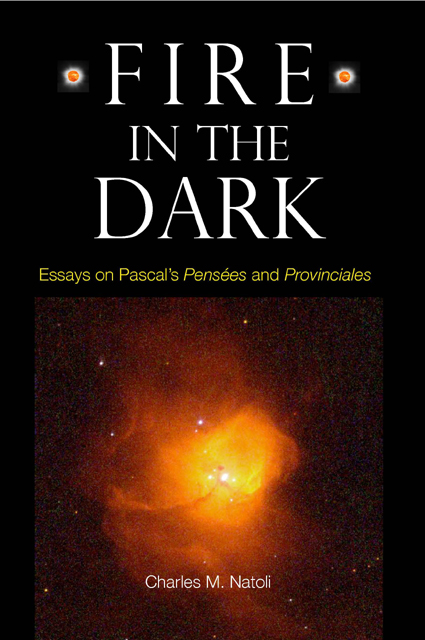8 - “Watchman, What of the Night?”
Published online by Cambridge University Press: 17 March 2023
Summary
Multis enim sensi mirabile videri eam nobis potissimum probatam esse philosophiam quae lucem eriperet et quasi noctem quandam rebus offunderet . . . .
Indeed, I have noticed that to many it seems a wonder that I have approved above all a philosophy that would seem to snatch the light away and to flood the world with a darkness as if of night . . . .
Cicero, De natura deorum, I 3When, in 1902, J. B. Bury succeeded Lord Acton as Regius Professor of Modern History at Cambridge, he certainly interpreted “modern” rather largely, for he continued to focus his research and writing on the later Roman Empire—“even if he did not go so far as to say, with a German authority, that ‘Modern History begins with the call of Abraham.’ ” There is a real sense, though, in which even the more expansive estimate of the “German authority,” whether facetious or not, is both shrewd and just.
Stories are like houses. We build them, move into them, and proceed to live in them, passing them down through the generations until it seems they will no longer serve. The story of the one God, the Fall, and the Messiah is arguably, as proclaimed by no less an authority than the cinema, the Greatest Story Ever Told. It is, to vary the house motif, the story in which and by which the West, both at home and in the many lands it has shaped, ended up telling itself to itself. So considered, it is, or at the least has been, not merely a story that we tell, but a story that we are. It is less like a narrative structure or frame than a narrative loom on which patterns and borders are woven into the fabric of even nonbelievers’ identities (whence the rage of a Nietzsche). As such, it distinguishes us from people shaped by different narratives—including all of those who, pace Pascal and others on the “perpetuity” of the Faith, preceded the story by as much as a hundred thousand or more years.
- Type
- Chapter
- Information
- Fire in the DarkEssays on Pascal's <i>Pensées and Provinciales</i>, pp. 125 - 134Publisher: Boydell & BrewerPrint publication year: 2005

